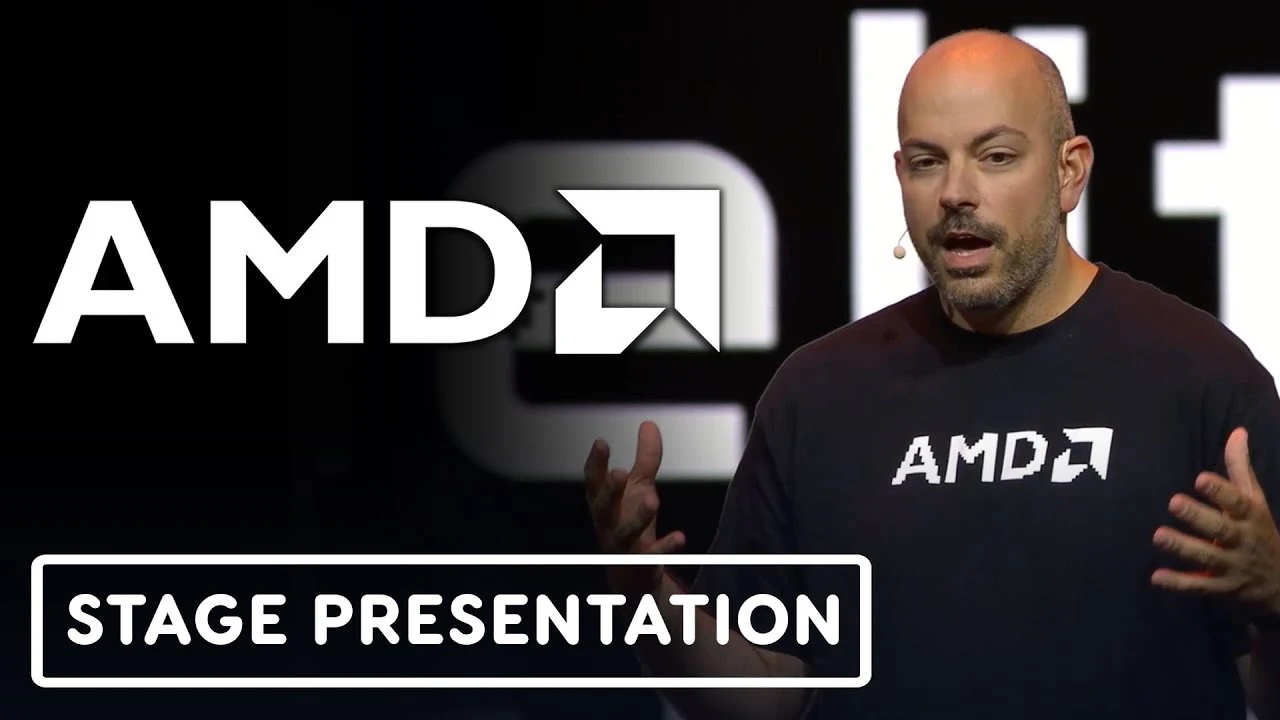- cross-posted to:
- games@lemmy.world
- cross-posted to:
- games@lemmy.world
TL;DW:
-
FSR 3 is frame generation, similar to DLSS 3. It can greatly increase FPS to 2-3x.
-
FSR 3 can run on any GPU, including consoles. They made a point about how it would be dumb to limit it to only the newest generation of cards.
-
Every DX11 & DX12 game can take advantage of this tech via HYPR-RX, which is AMD’s software for boosting frames and decreasing latency.
-
Games will start using it by early fall, public launch will be by Q1 2024
It’s left to be seen how good or noticeable FSR3 will be, but if it actually runs well I think we can expect tons of games (especially on console) to make use of it.



Hallucinated frames like DLSS3. Completely unnecessary, just like the hallucinated pixels of DLSS2/FSR2. Dialling a couple of settings down to medium looks much better.
All frames are hallucinations, sand wasn’t meant to think
We are reaching the limits of render technology with our current architectures. You’ll find that most established practices for computer hardware/software/firmware started as a “cheat” or weird innovation that began with using something in an ass backwards way. Reducing the amount of data a GPU needs to render is a good way to get more out of old and new hardware. It’s not perfected yet but the future of these features is very promising.
good thing the rendering engineers are willing to try different ways instead of stuck at this “real pixel” shit that some youtuber started. Even freaking Pixar that is grand daddy of CG tech also doing ML global illumination and temporal denoiser. some of our current gen realtime graphics literally took hours to render 10 years ago, hardware aren’t improving that fast, it’s the new algorithms and render method make it possible.
DLSS Quality looks better than native in many cases. Have you even tried it?
An upscaler cannot provide higher fidelity than than native providing all settings (other than resolution) are constant.
Sounds impossible but it’s not. Check out some of Digital Foundry’s on DLSS 2; more detail was pulled out of the lower base resolution than even native.
The upscaler is trained on higher resolution data and so it can more accurately depict subpixel and temporal information which is lost at native. DLSS can produce more detail than native in those cases.
I don’t think the term applies here. Hallucination, when it comes to AI models, is when they make up random data with no basis. This, on other hand, is interpolation. It compares two frames and predicts the intermediate frame using motion vectors. And FSR3 isn’t even using machine learning, it’s a bespoke algorithm that they have written.
Approximation would be a fitting term here, just like many things in rendering technology are.
AI models are universal approximators f such that y=f(x,w) with optimizable weights w that minimize some metric L(y). You can come up with a hand tuned approximator yourself that matches/beats an AI model. Does not change the fact that any approximator attempts to guess (i.e. “hallucinate”) the output y based on the prior x.
I guess different words come to our minds and that’s okay.